This sake has the gentle, sweet scent of small white flowers, as well as the aroma and fragrance of freshly shaved wood.
Thick yet subtle, it is a sweet sake, and you can truly sense the sweetness of the rice. So soft that it borders on viscous, it is nevertheless not sticky, and its unusual flavor is something one does not tire of. One can sense a slight level of acidity, but the umami is particularly strong, and the finish leaves a great impression, lingering for a long time in the mouth.
Food pairings should aim to draw out this sake’s character to the maximum extent and create a synergistic effect with the umami. The sake itself has an umami like dried bonito flakes or fish meal, so it goes well with cooked shellfish, vegetables in general, and egg dishes. Charcoal-grilled food would also work, as it goes well with the aroma of smoke. If pairing with meats, they should be red.
The flavor changes depending on the serving temperature, as well as the shape and size of the glass. Larger glasses make it easier to catch the aromas and create a more balanced flavor, but they also make the alcohol stand out more. I personally prefer medium-sized glasses to sense the sweetness of the sake. Those who find it too sweet can enjoy it on the rocks in a small glass. The flavor changes as the ice melts, creating new sensations to enjoy. Those who feel that the alcohol is too strong can cut it with chilled water. The strength of this sake is that its robust flavor makes it possible to serve in a variety of styles to suit the individual guest.
Yuka Ozu, Sommelier
Born in Kashiwazaki, Niigata Prefecture to parents who ran a restaurant, Yuka Ozu embarked on a career in the food and beverage industry at the age of 18.
After studying Japanese cuisine in Niigata, she started her own business.
She moved to Tokyo in 2010 and, after becoming a certified sommelier and Chinese tea expert, began working as a sommelier at an Italian restaurant in the city.
In addition to food and wine pairings, she is also highly knowledgeable about pairings with Chinese tea and non-alcoholic beverages, making great efforts to provide all guests, whether male or female, young or old, with an enjoyable time.







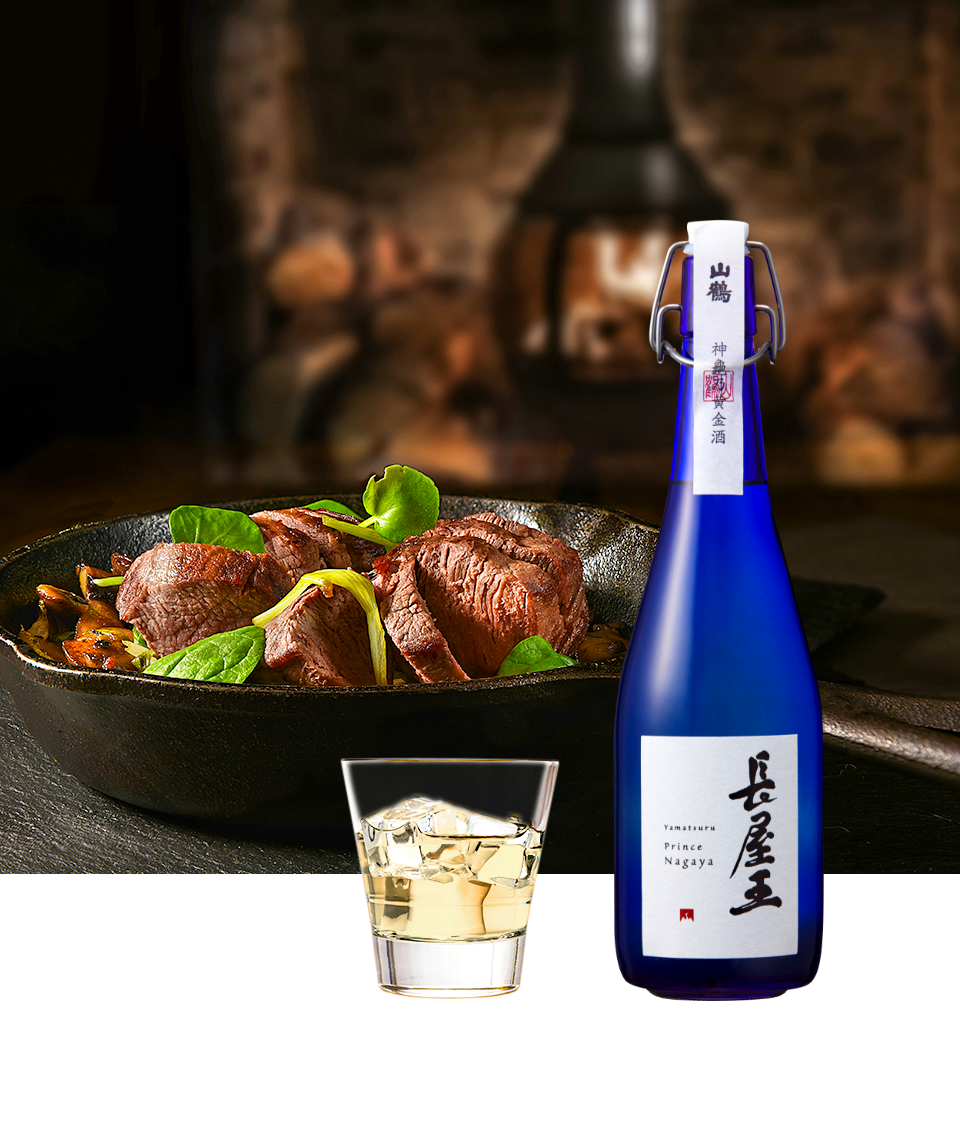
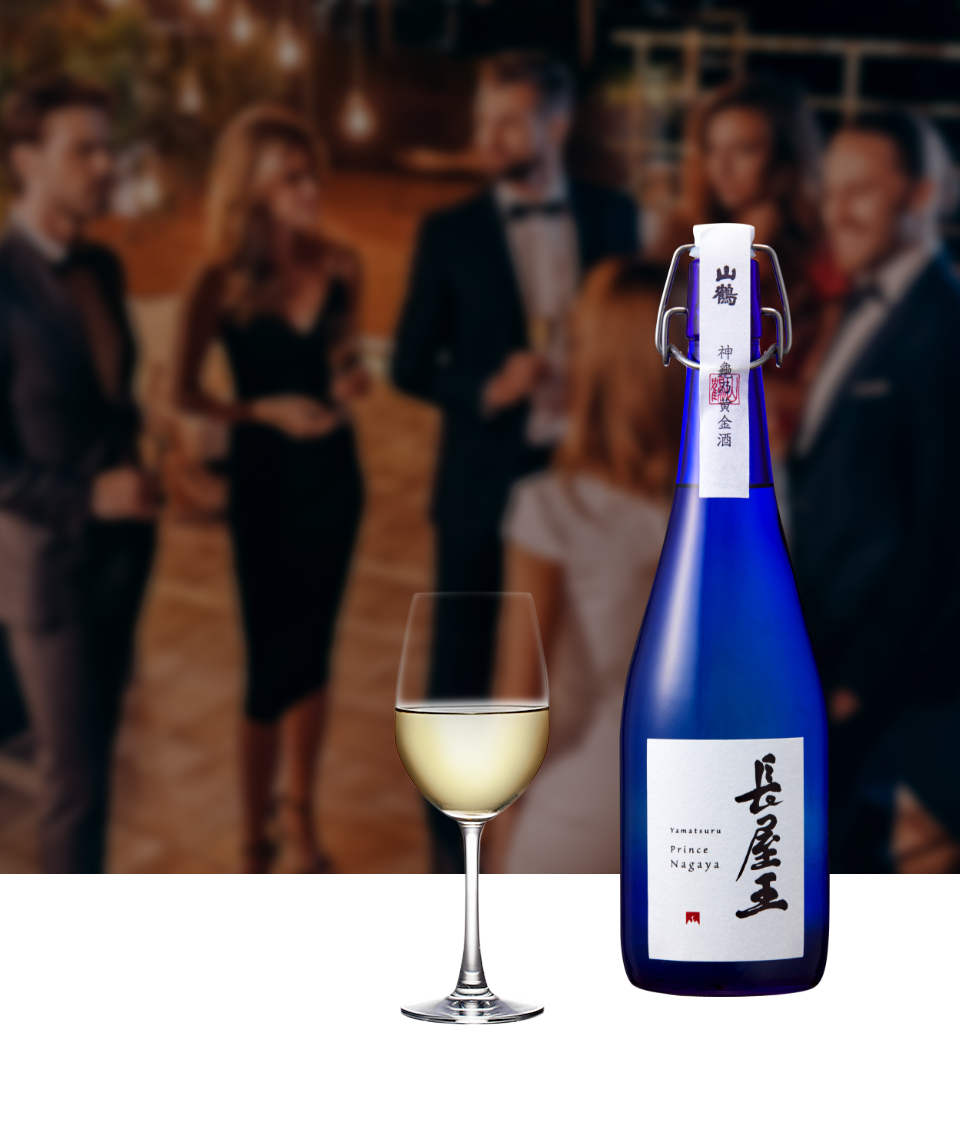

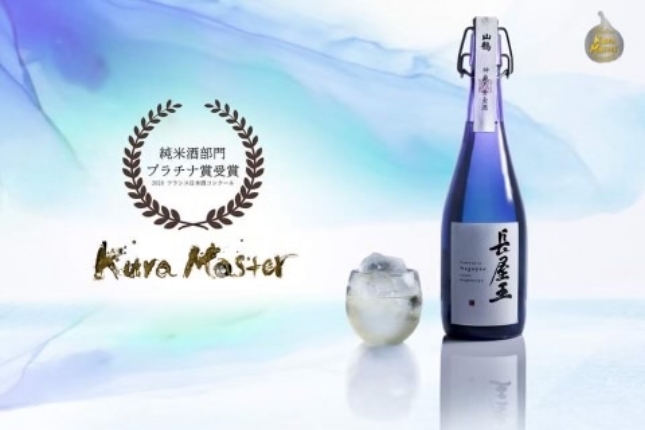
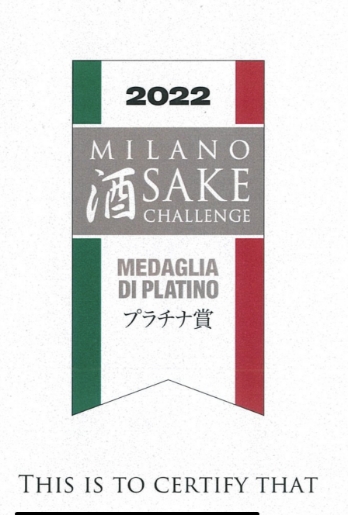
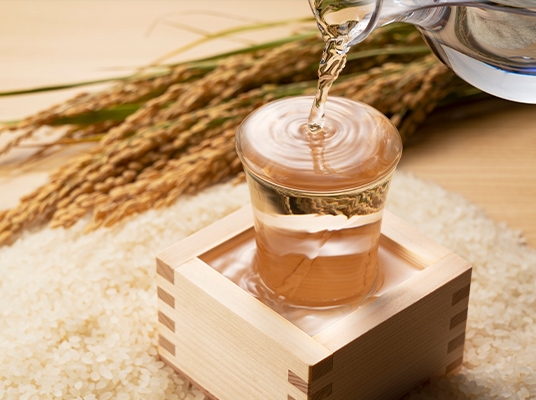



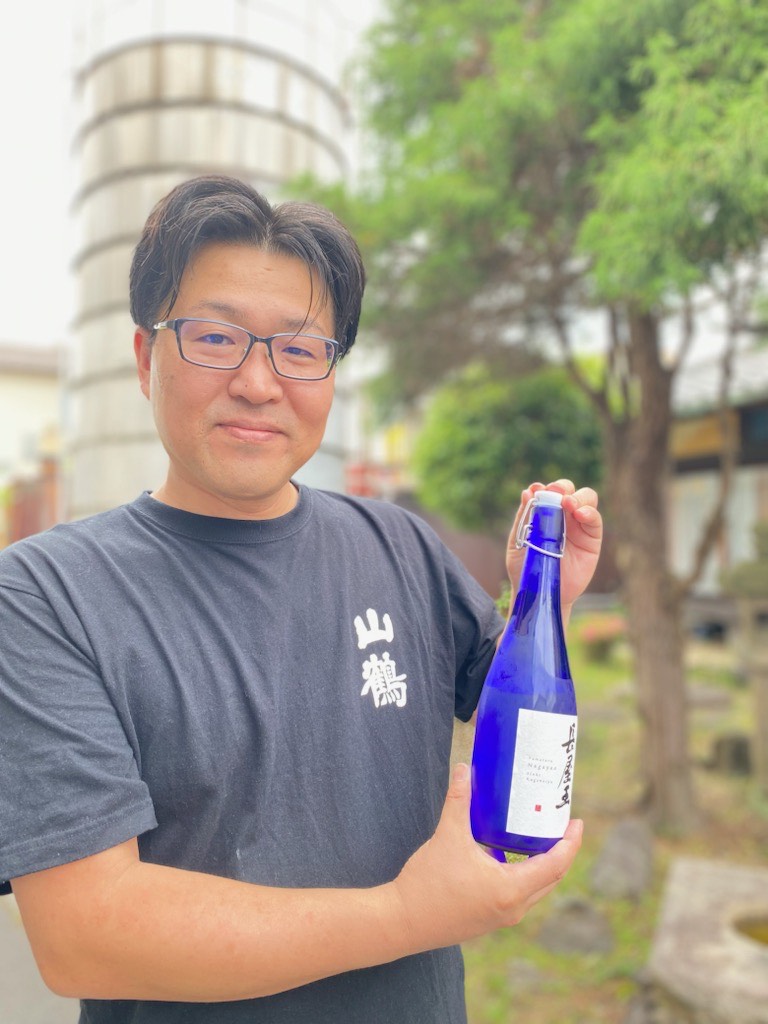
French Kappo Dominique Corby
Prince Nagaya is a truly magnificent sake. Its chestnut-like aroma and tartness combined with its sweet acidity are simply delectable. It pairs well with game, desserts and even appetizers. I would encourage anyone who has not already done so to give Prince Nagaya a taste.
Read more
Sommelier
This sake has the gentle, sweet scent of small white flowers, as well as the aroma and fragrance of freshly shaved wood.
Read more
Toji
The most difficult thing about brewing Prince Nagaya was that there were no ”right answers“. The mokkan wooden boards gave the proportions of the ingredients, but nothing more. They did not explain how to prepare the sake and what kind of sake it would become.
Read more